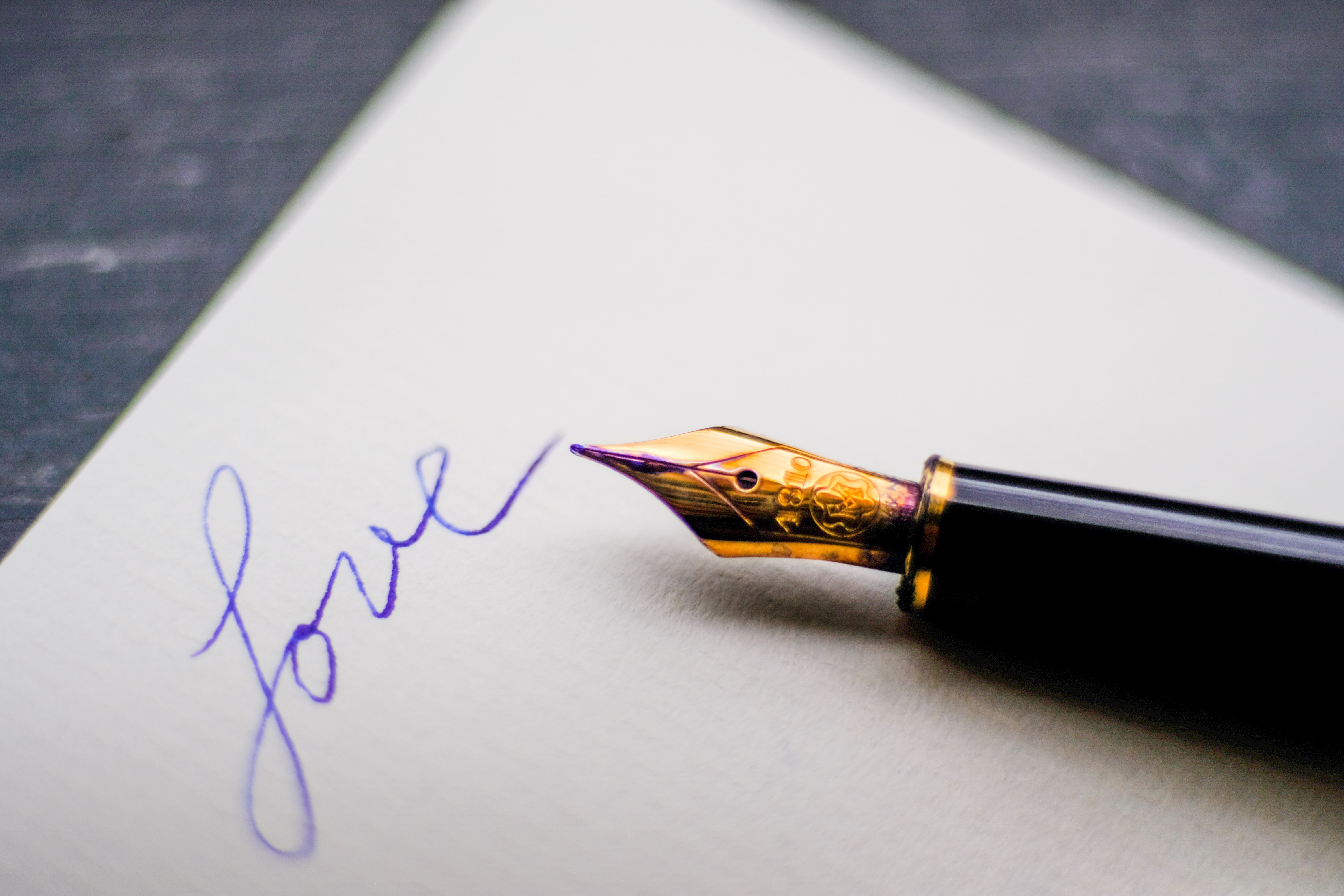Hello, my story-happy friends!
In writing circles, a memoir, pronounced “Mem-wahr”, is a form of non-fiction writing.
Memoirs are narratives of someone’s personal experience. I rather like the vintage French roots of the word, defined as “something written to be kept in mind”. To me, that something to be “kept in mind” might be a perspective, an insight, an influence, or a way of coping with an event.
For instance, I was searching for memoirs about Gutzon Borglum, sculptor of the site known as Mount Rushmore. Historical facts of who, what, and when, loomed much larger than insights into his personal thoughts and influences. Those were all biographies.
People often mistake memoir with biography
If you wrote down the major plot points of your life, it would be a biography.

In theory, you could construct your biography from the scheduling pages of your calendars and planners over the years.
Like holiday letters from distant friends and relatives, they are quite often statements of places and events.
Example: “I grew up in a middle-class two-parent family. I graduated from a high school in Connecticut, earned an associate degree in Animal Science. I got married twice, had one child, went back to school, achieving a bachelor’s in Biology and started a company.”
That’s a biography. Everything in it is true, and although I summarized entire decades, it covers most of my life up to this point. Anyone could have written the above example for me; I didn’t add any of my own interpretation.

Memoir, on the other hand, includes personal feelings and insights that stayed with the memory of events.
Memoirs are like biographies in that they explore real-life. But, memoirs don’t necessarily span an entire lifetime. They may follow a specific theme or time frame and reveal a deeper exploration of memories.
The writing process often shakes out new insight about a memory. Stories recollected much later from when they originally took place are seen through a more experienced lens, often exposed to new light.
Writing memoir is about finding your emotional truth as much as factual truth.
The manner of truth rests in the eyes of the author. I’m not suggesting you can outright lie in your memoirs, but you can focus on the theme of your life, rather than the plot.
Readers of memoir are tempted to savor the story because it feels as if the writer is revealing what things should be “kept in mind”.
Example: “When I was four years old, we lived near a golf course of rolling green grassy hills. At dusk on the fourth of July, families claimed spots on the hilltops with lawn chairs or blankets to watch the night’s fireworks display. This year, before it got pitch dark, I was allowed to play with the deer statues that decorated the front of the clubhouse. I pet them as if they were real. I talked to them and climbed on them. When the grass turned cold and damp, my mother spread out one of our white cotton bedspreads and dad called for my sister and me to come lay on it with them. We lay our heads all the way back and looked up to watch the show in the sky. The ground shook beneath us when the “m80 – cherry bombs” exploded seemingly right over us, leaving black puffs of smoke floating slowly away. I grabbed my mother’s hand to feel safe but I was giggling with excitement. The smell of gunpowder wafted around us and I soon joined in exclaiming “oohs” and “aahs” with each burst of color and light. When the fireworks ended, I got to ride on my dad’s shoulders during the long walk back to our car. It was just about the best time ever.”
Let’s be honest, I’m probably getting all the details wrong.
I’ve reconstructed this old memory a hundred times over the years. Maybe it wasn’t a golf course. Maybe I wasn’t allowed to climb on the statues, or the bedspread was just an old blanket. Maybe I grabbed my dad’s hand, and not my mom’s. I have no idea.
Does that matter? Not really.
That’s how I remember it for some reason. It isn’t like a video captured on a phone or security camera. My mind thinks of that event as important and it filled in the gaps.
That’s the power of memoir.
Thinking and telling about it can teach us a lot about how we perceive the world. It lets us dive back into memories and come away with a fresh perspective.
How do YOU feel about memoir vs. biography? Do you have some favorites of either type to share?
